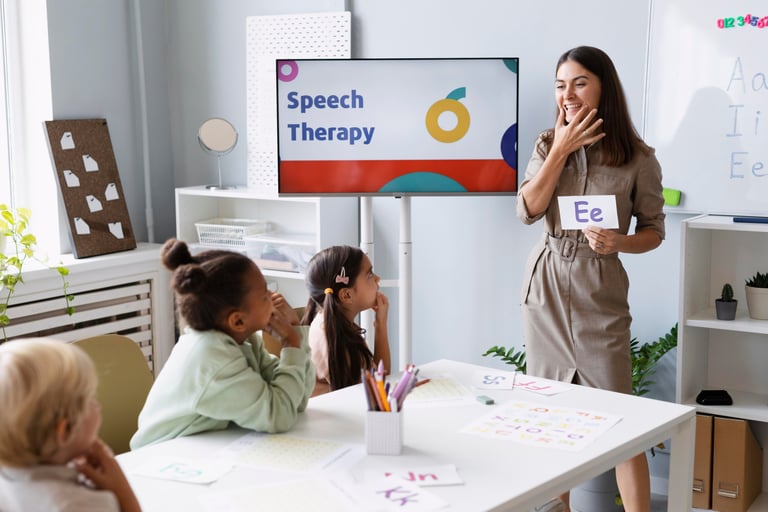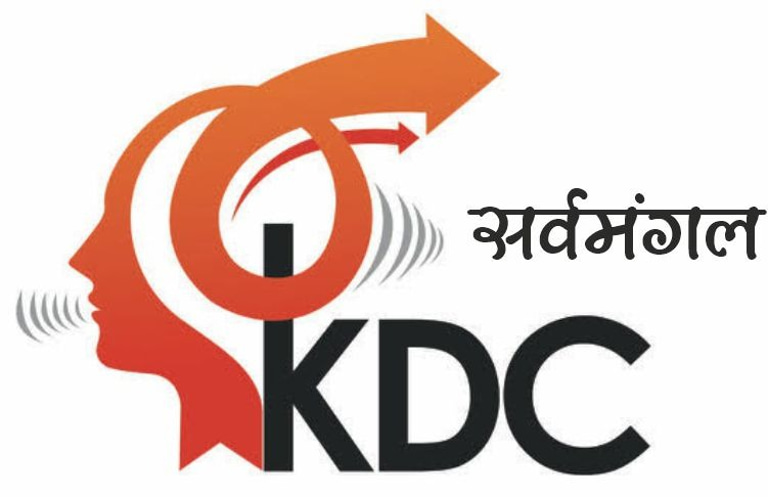KIAAN HOLISTIC DEVELOPMENT CLINIC - SPEECH & HEARING CENTER
Speech Therapy
The Importance of Speech Therapy
Speech and Language Delays:
Some children may have difficulty with articulation, fluency, or vocabulary.
Developmental Disorders:
Conditions like autism and cleft lip/palate can impact communication skills.
Hearing Loss:
Hearing impairments can affect a child's ability to learn and produce speech.
Feeding and Swallowing Problems:
Children with certain medical conditions may need help with eating and drinking.
Traumatic Brain Injury:
Speech therapy can be crucial for children who have sustained a head injury.




Breaking Barriers: How Speech Therapy Empowers Communication at Any Age
Stroke:
Stroke can lead to aphasia (difficulty with language) or dysarthria (difficulty with speech production).
Brain Injury:
Traumatic brain injuries can also impact communication skills.
Neurological Conditions:
Conditions like dementia and Parkinson's disease can affect speech and language.
Voice Disorders:
Problems with voice pitch, volume, or resonance can be addressed through speech therapy.
Dysphagia (Swallowing Problems):
Speech therapists can help with managing swallowing difficulties, especially after conditions like cancer or stroke.
Acquired Apraxia:
This condition, which affects the ability to plan and coordinate speech movements, can be treated with speech therapy.
Cognitive-communication disorders:
Speech therapy can also address difficulties with understanding and using language in a broader context.
Hearing impairments:
Speech therapy can help individuals with hearing loss learn to communicate more effectively.
